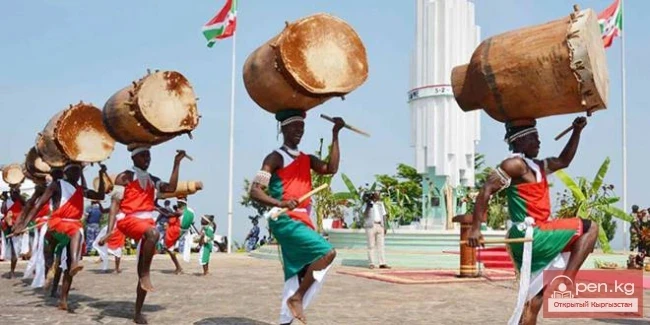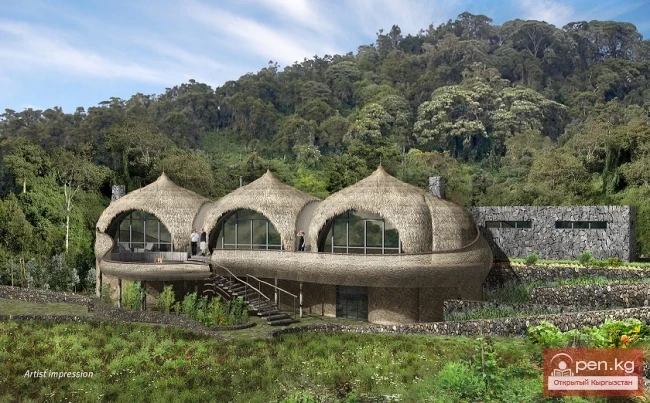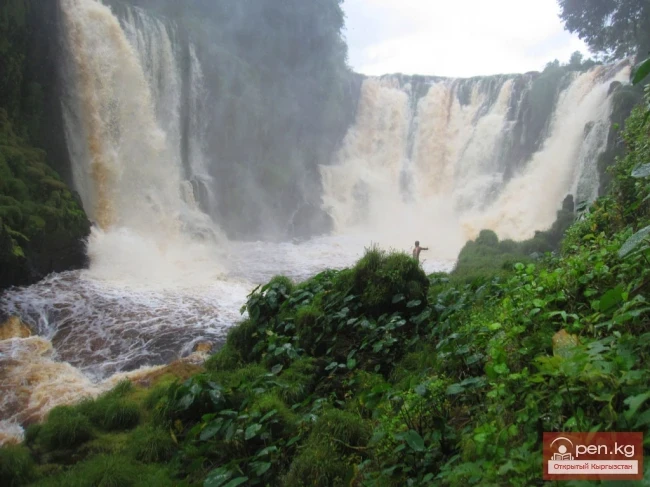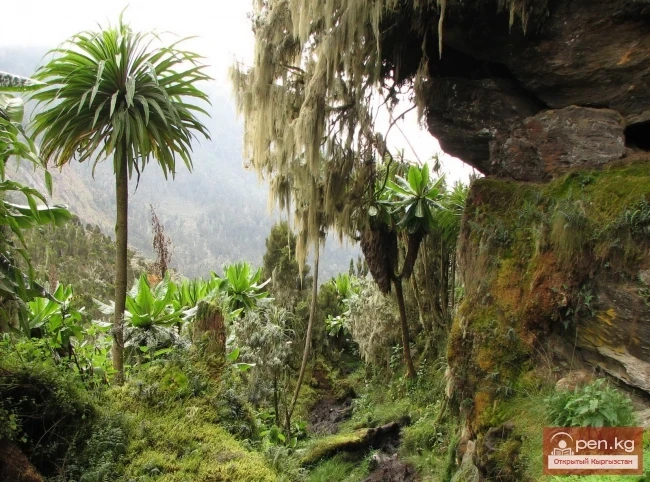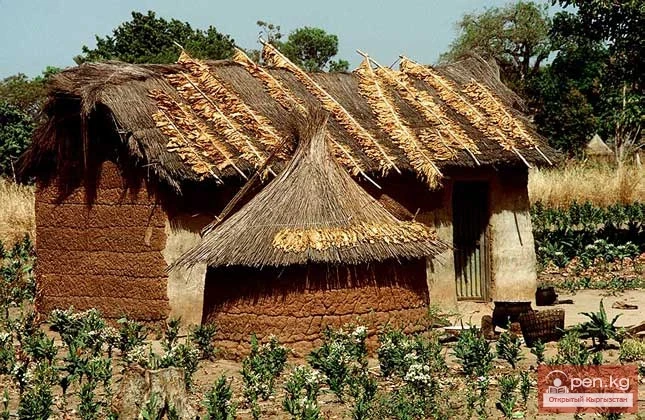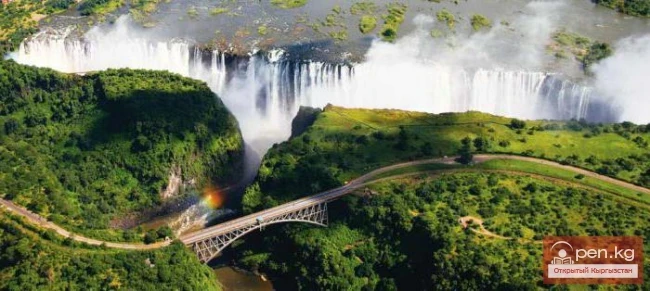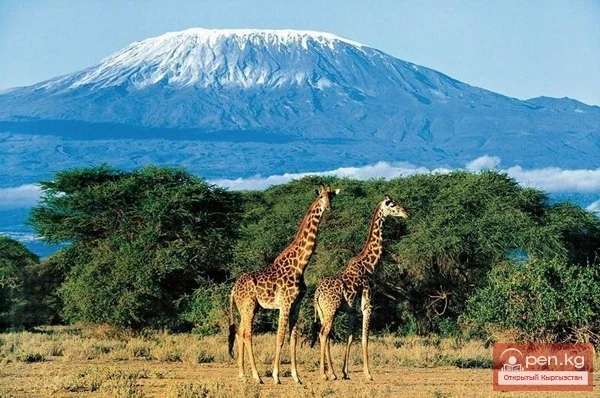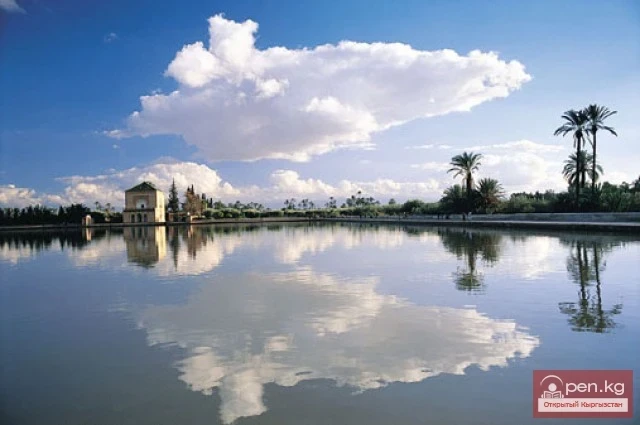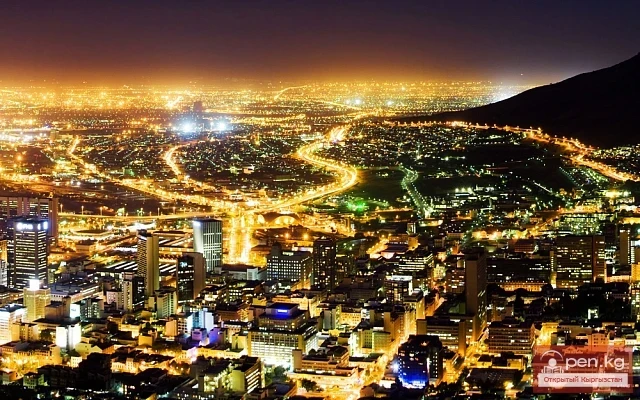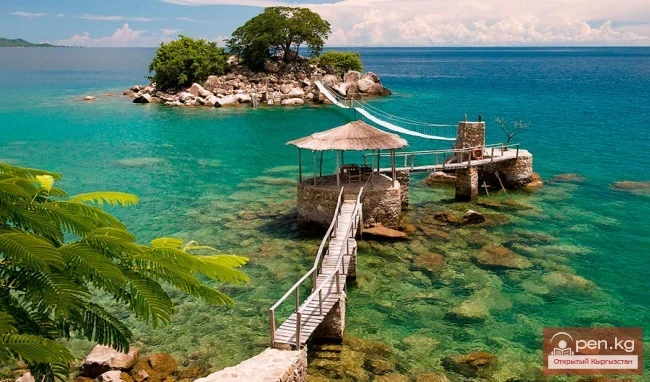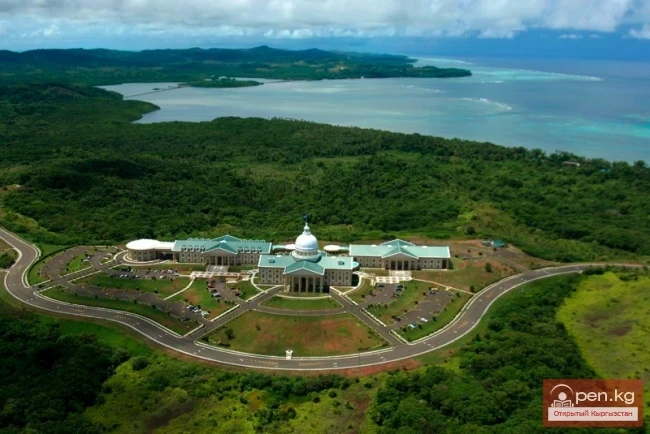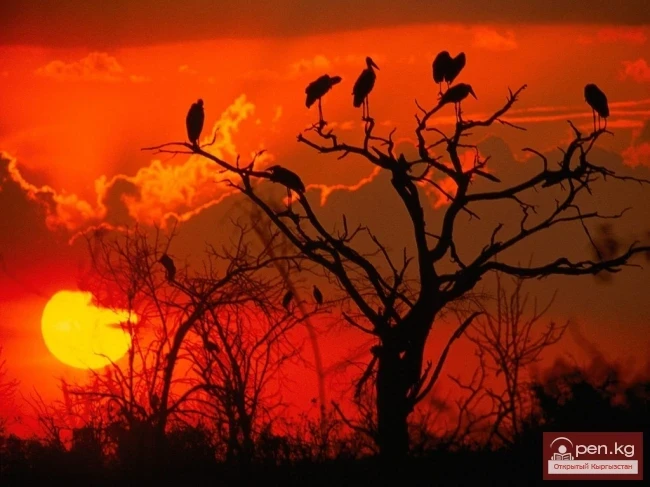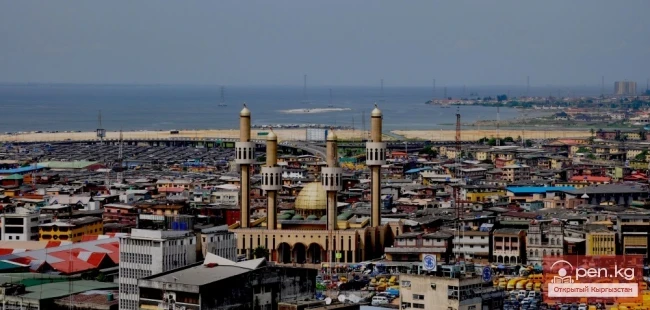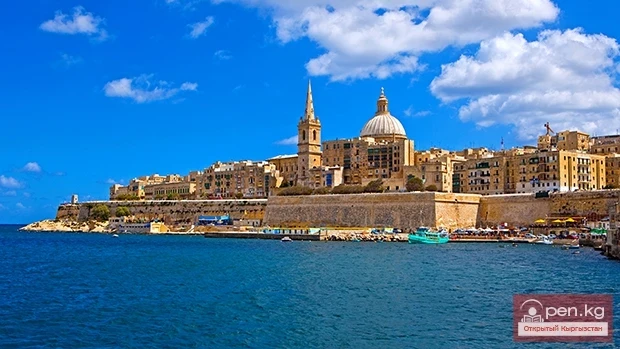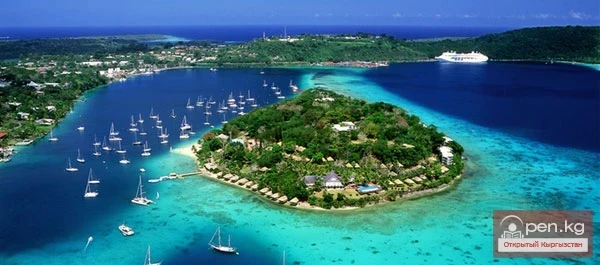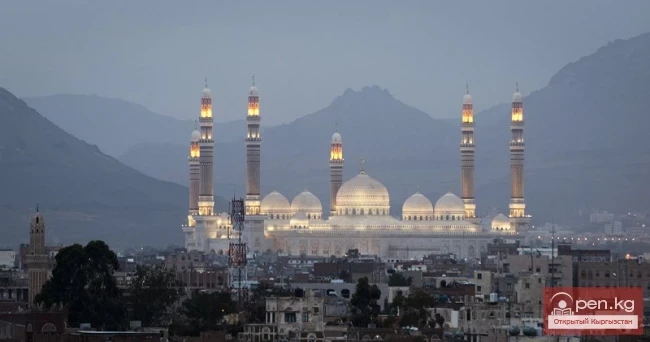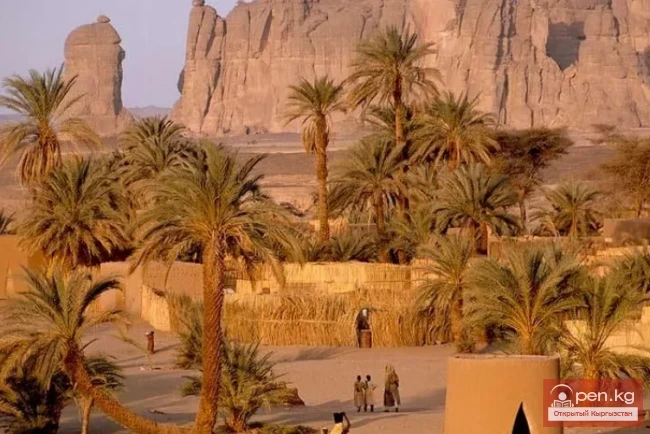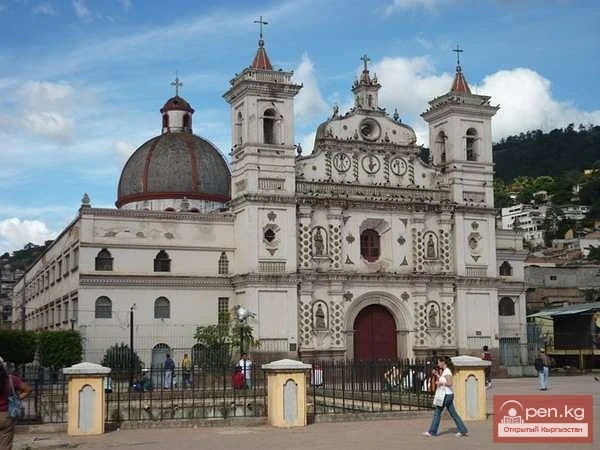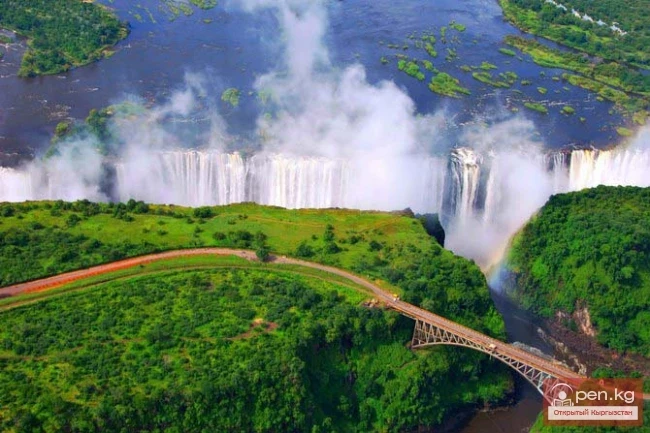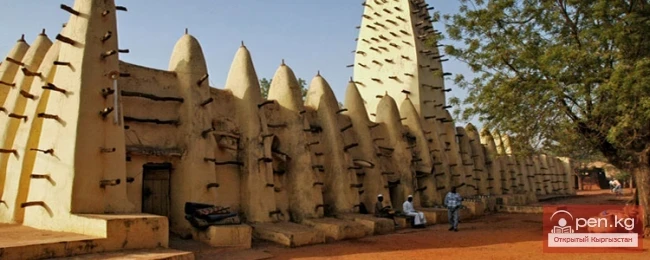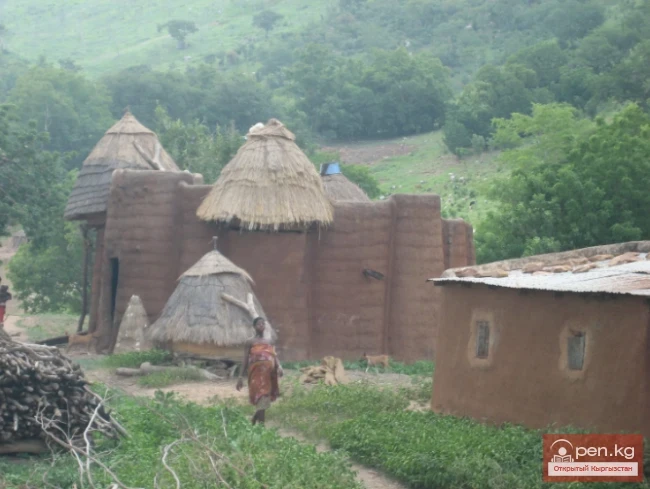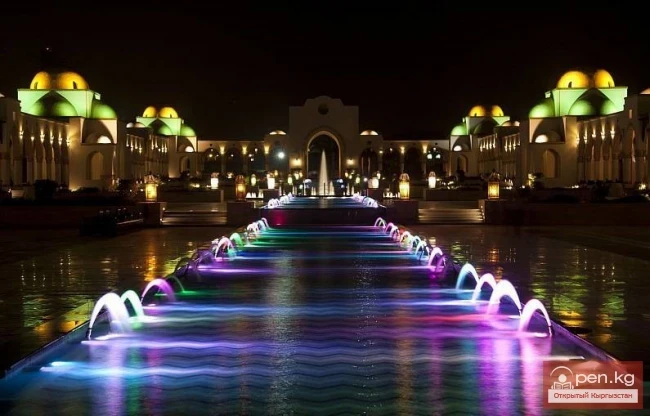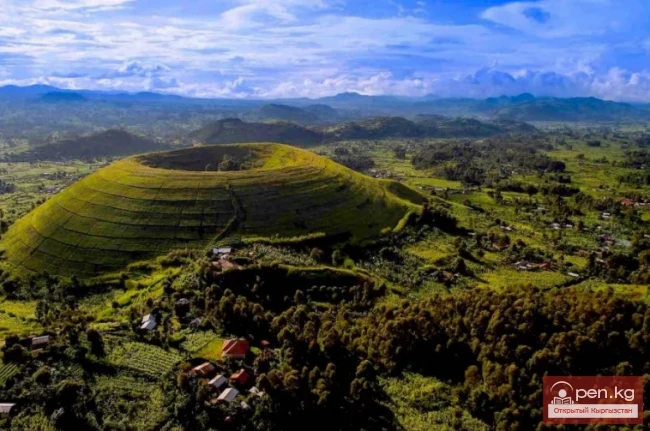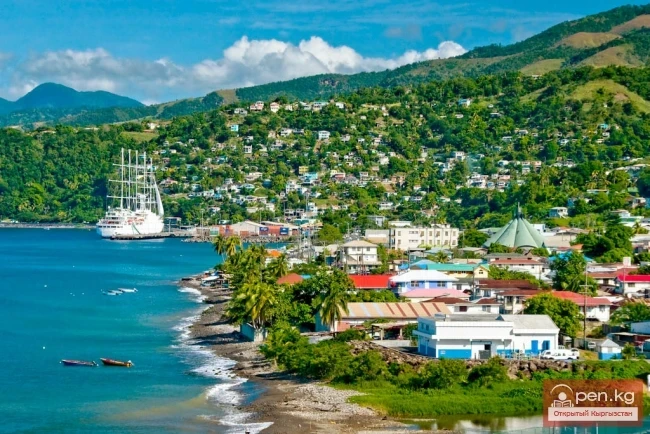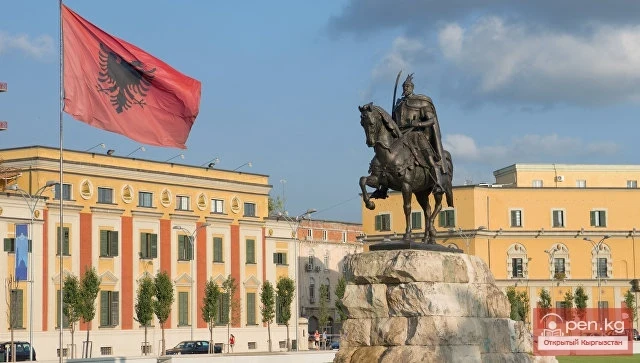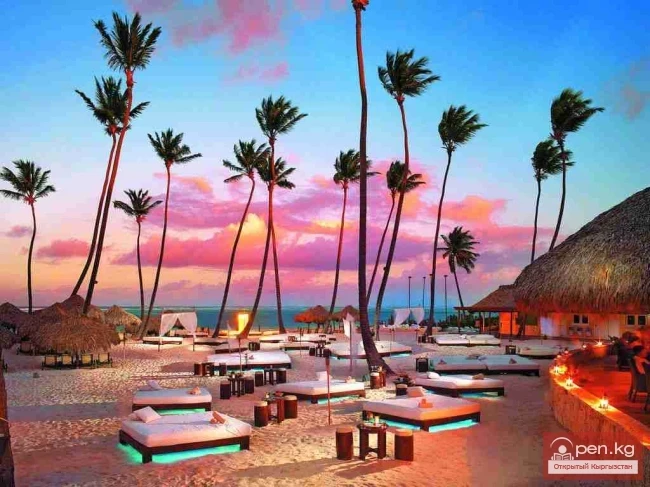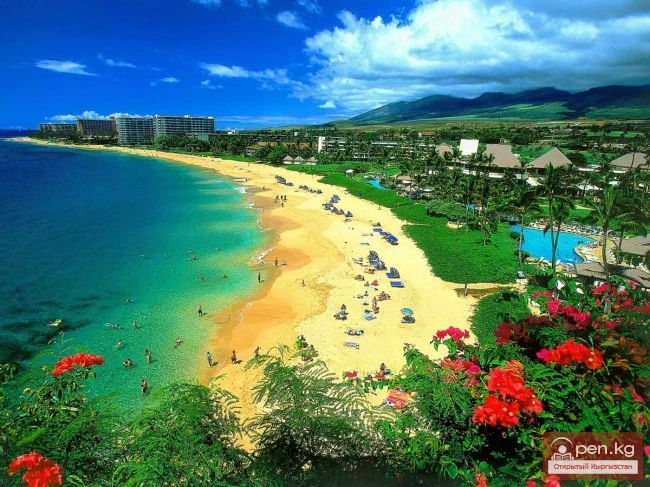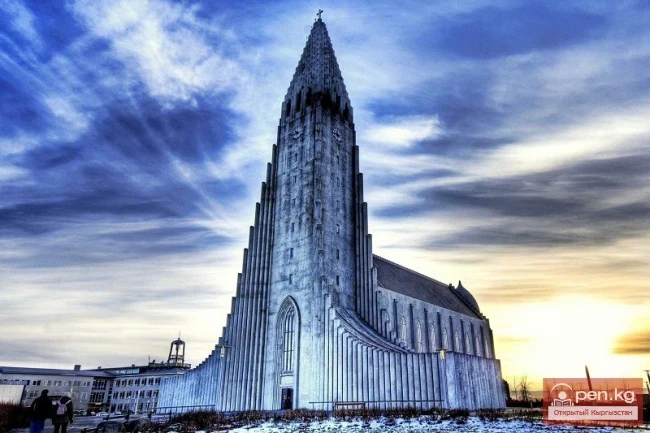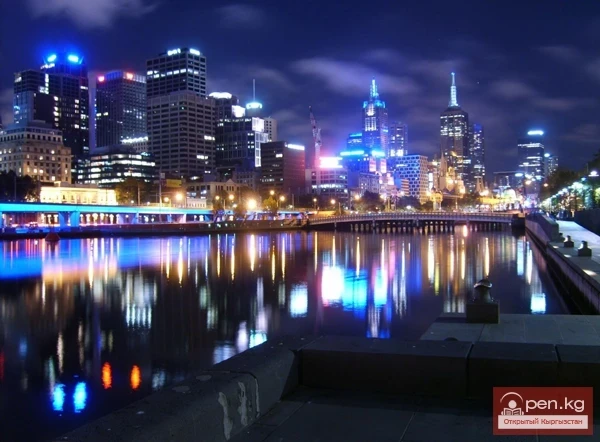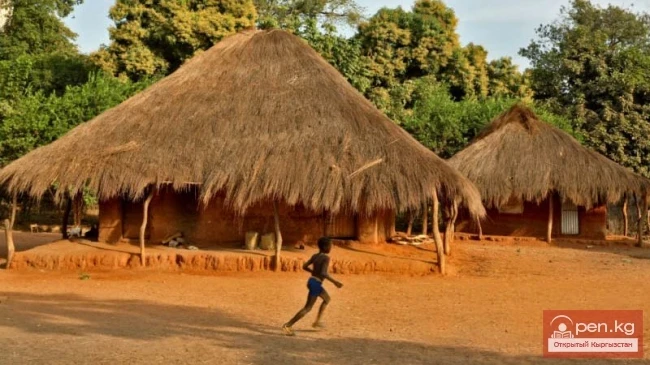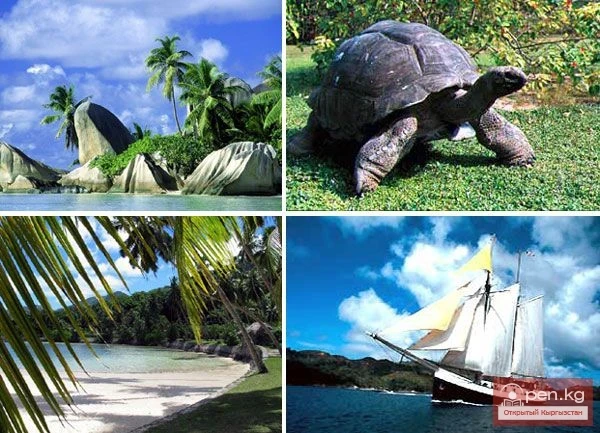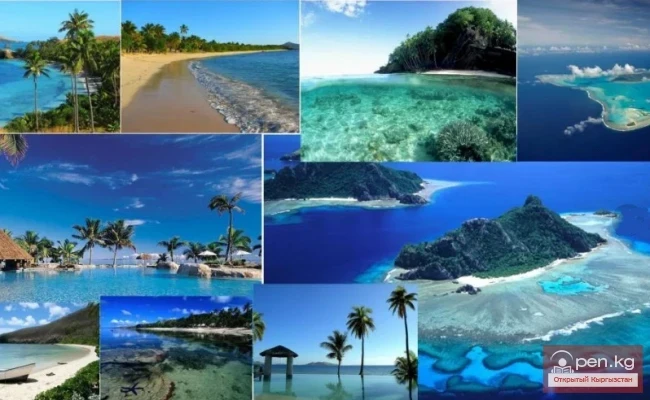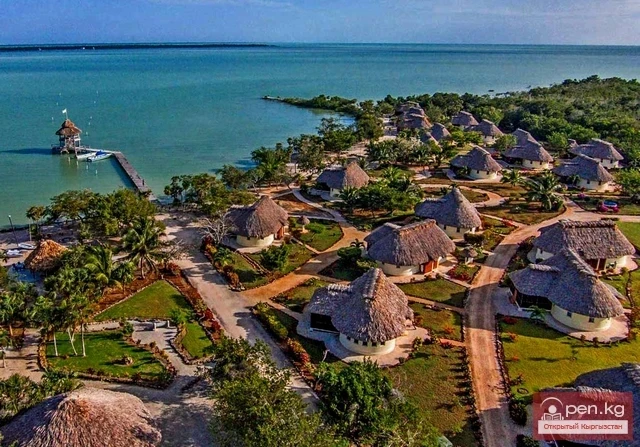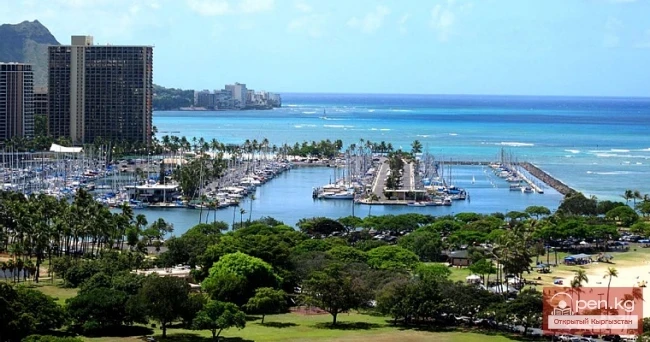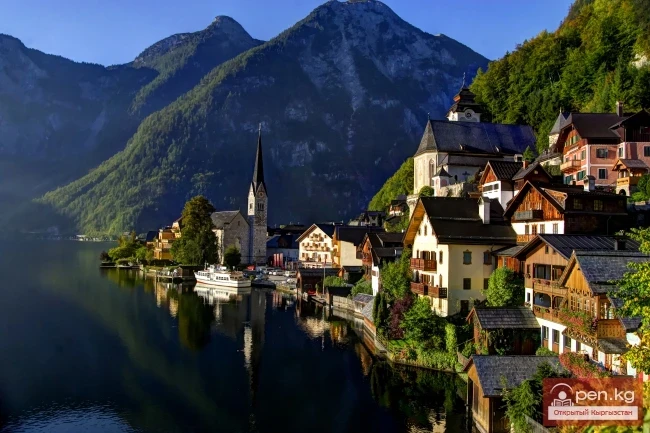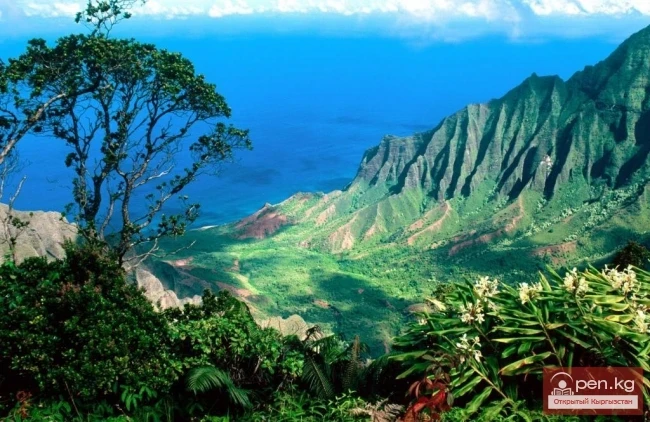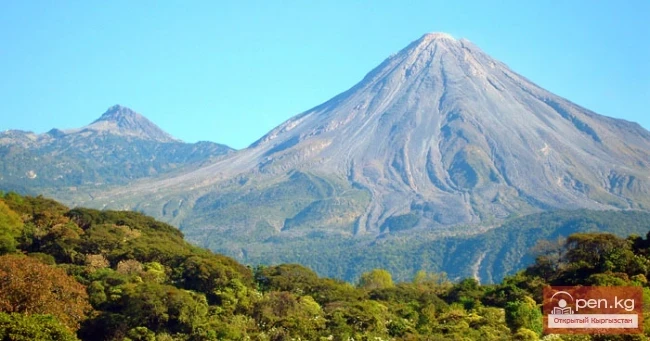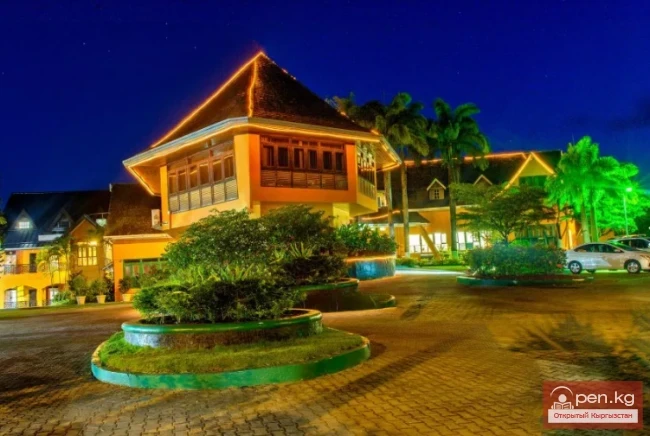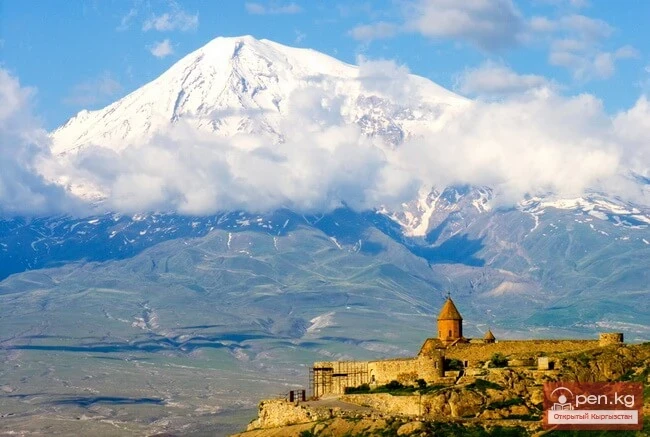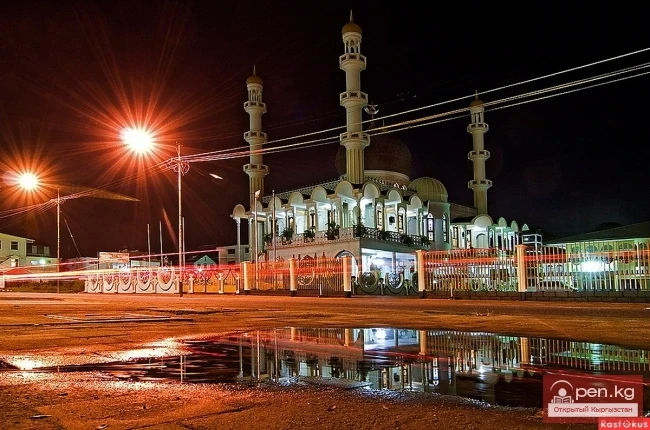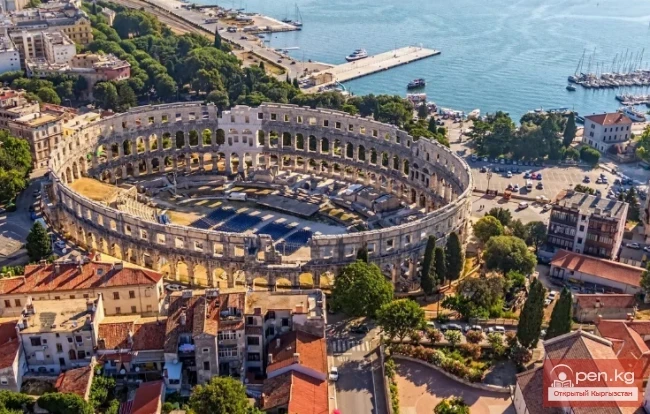Burundi. Republic of Burundi
A country in East Africa. Located in the Great Lakes region. It borders the Democratic Republic of the Congo to the west, Rwanda to the north, and Tanzania to the southeast. Area - 27.8 thousand km². The capital is Bujumbura (over 400 thousand). Administratively, the country is divided into 17 provinces, which consist of 116 communes.
Population - 6.8 million (2003). Population density - about 250 people per km². In terms of annual growth (3.2%), the country ranks among the top in the world. The main ethnic groups are the Hutu (85%) and Tutsi (14%). Official languages are French and Kirundi. Religion: over 60% are Catholic, about 30% adhere to local traditional beliefs, and the rest are Sunni Muslims and Protestants. Currency - Burundian franc.
It has diplomatic relations with the Russian Federation (established with the USSR on October 1, 1962).
National holiday - July 1 - Independence Day (1962).
According to the new constitution approved by parliament on October 20, 2004, Burundi is a country with a republican form of government. The president is Pierre Nkurunziza (Hutu); he succeeded D. Ndayizeye in the presidential post as a result of the 2005 elections. The president is also the supreme commander of the country.
The government formed in August 2005 consists of 28 members, of which 14 are representatives of the presidential party, the National Council for the Defense of Democracy (CNDD-FDD).
Parliament is the legislative body. It consists of the National Assembly (lower house, 118 deputies), chaired by Immawole Nahayo, and the Senate (upper house) headed by Gervais Rufyikiri.
The leading role in the political life of Burundi is played by the party of the current president P. Nkurunziza, the National Council for the Defense of Democracy (CNDD-FDD), which won a convincing victory in the 2005 elections, gaining a majority in the government, the National Assembly, and communal councils.
The second most influential party is that of former president D. Ndayizeye, the Front for Democracy in Burundi - FRODEBU (Hutu). It received 30 mandates in the lower house of the Burundian parliament, and 3 of its representatives entered the new government.
Among the most influential political forces is the Party for National Progress - UPRONA (15 parliamentary mandates and 2 seats in the government), which represents the interests of the Tutsi ethnic group.
A special place is held by the Party of National Rebirth (PARENA), which reflects the interests of the radical part of the Tutsi ethnicity.
There are also over a dozen minor parties.
At the beginning of the 20th century, Germany completed the colonial seizure of Burundi, which, along with neighboring Rwanda, was included in German East Africa under the name Rwanda-Urundi. During World War I, it was occupied by Belgium and in 1923 was transferred to Belgium under a mandate by the League of Nations.
In 1946, Rwanda-Urundi received the status of a UN trust territory, administered by Belgium.
In July 1962, the independence of the Kingdom of Burundi was proclaimed. In 1966, as a result of a military coup, the monarchy was overthrown and a republican system was established. In 1981, the country's constitution was adopted.
In September 1987, as a result of a coup, power passed to the Temporary National Salvation Committee, and P. Buyoya (a representative of the Tutsi ethnicity) became the president of the country. Under pressure from the opposition in 1992-93, a transition to a civilian form of government was made through the reform of state institutions and the democratization of the political system. In March 1992, during a national referendum, a new constitution was adopted, enshrining the principle of separation of powers and multipartyism. On June 1, 1993, the first multiparty presidential elections were held, won by M. Ndadaye of FRODEBU, who primarily represented the interests of the Hutu. This broke the monopoly on power of the ethnic minority - the Tutsi, which had dominated political life and held key positions in the army. The victory of FRODEBU also concluded the parliamentary elections (June 1993). In October 1993, a group of military personnel attempted a coup, during which the president of the country M. Ndadaye and several ministers were killed. On January 13, 1994, at an extraordinary session of parliament, former Minister of Agriculture S. Ntarahamira (a Hutu) was elected president of the country, who formed a coalition government (he died in a plane crash under unclear circumstances on April 6, 1994).
On July 25, 1996, as a result of a military coup, P. Buyoya was appointed as the temporary president of the country. The unconstitutional change of power, followed by the suspension of the 1994 Government Convention, the activities of parliament, and political parties, put the country in a difficult situation. Armed opposition groups sharply intensified their terrorist activities, and neighboring African countries imposed comprehensive sanctions against Burundi. Gradually, a course was established to achieve an internal Burundian settlement through political means with the participation of all political forces, including the armed opposition. In June 1998, in Arusha (Tanzania), a process of multilateral negotiations began with the assistance of the UAE (since 2002 - the AU), African countries of the so-called Arusha group, and the international mediator in the person of former Tanzanian president J. Nyerere.
An important step in the process of internal consolidation was the signing on June 6, 1998, by the president and the chairman of parliament of the Constitutional Act and the Agreement on the Platform for Political Cooperation during the transition period, which began in September 1998 with the work of the National Assembly of the transition period.
On August 28, 2000, in Arusha, the "Agreement on Peace and National Reconciliation" was concluded, which, along with the Tutsi, was signed by the main political parties of the Hutu. This was followed by a series of agreements, including the Comprehensive Peace Agreement signed in Tanzania on November 15-16, 2003, between the transitional government of Burundi and the leadership of the armed opposition "Front for the Defense of Democracy" (FDD). However, they did not lead to a complete cessation of hostilities due to the refusal of another armed opposition group - the "National Liberation Front" (FNL) - to join the agreement.
On April 30, 2003, in Bujumbura, in accordance with the agreements reached regarding the transitional period, an official ceremony was held to transfer presidential powers to Vice President D. Ndayizeye.
According to the decision of the "Regional Initiative" summit (Nairobi, October 15, 2004), the transitional period in Burundi was extended by 6 months, and the referendum on the constitution took place on November 28, 2005. In the elections for local authorities, the National Assembly, and the Senate in July 2005, the National Council for the Defense of Democracy (CNDD-FDD) won, receiving 1781 seats (57.3%) in communal councils and 64 mandates in the lower house of parliament. On August 19, 2005, in Burundi, elections for the president were held at a joint meeting of both chambers of parliament. The only candidate for the highest post in the country was the state minister for administration and state general inspection, the leader of the National Council for the Defense of Democracy, Pierre Nkurunziza.
The 2005 elections marked the conclusion of the so-called transitional period.
Burundi is a member of the UN (since 1962), the AU (since 1963), the Common Market for Eastern and Southern Africa (COMESA), and an associate member of the EU.
Burundi is an agrarian country with a poorly developed economy, classified among the least developed countries in the world. More than 68% of the population lives below the poverty line. Due to the ethnopolitical and social crisis, the country's economy is in decline, with a large part of the budget spent on military expenses.
During the years of crisis, GDP shrank by more than a third, and according to UN data, in 2004 it was about $150 per capita. The external debt has slightly decreased and amounts to about $1 billion (120% of GDP), with servicing exceeding the country's export revenues.
The basis of the economy is agriculture. The sector employs 95% of the self-employed population, produces 50% of GDP, and 90% of the export value.
Main agricultural products: coffee - about 35 thousand tons per year, tea - 7.5 thousand tons, sugar - 20 thousand tons, bananas - 1.4 million tons (one of the largest producers), rice - 65 thousand tons, cotton - 2.6 thousand tons. Additionally, cassava, corn, peanuts, beans, and vegetables are cultivated. Primitive hoe agriculture predominates. The livestock population is 1.6 million heads.
Industry is poorly developed, accounting for less than 8% of GDP. It is mainly represented by enterprises processing agricultural raw materials: coffee, tea, cotton, and sugarcane. There are factories for the production of agricultural tools, building materials, as well as woodworking, soap-making, glass, textile, and brewing plants. The possibility of developing mineral deposits - nickel (5% of world reserves), phosphates, gold, rare metals (vanadium, cobalt, platinum), columbotantalite, and others is being studied.
Main import items: metal products, wood, cars, petroleum products, paper. Exports include: coffee (80% of foreign exchange earnings), tea (including to Germany, Japan, France, the UK, Iran, Pakistan), sugar (one of the largest producers in the region).
Export revenues account for 50% of import expenses. Main trading partners are Belgium, France, Saudi Arabia, and regional countries.
There are no railways. The length of paved and unpaved roads is about 5.5 thousand km, of which slightly more than 1 thousand km are paved.
Shipping is conducted via Lake Tanganyika, mainly along the Bujumbura-Kigoma (Tanzania) and Bujumbura-Mpulungu (Zambia) routes. Bujumbura has an international-class airport. The national airline "Air Burundi" operates. The main foreign company is "Kenya Airways".
50% of the population of Burundi is illiterate. Less than 60% of children attend primary school. Over the years of crisis and ethnic clashes, the material and technical base of school education has suffered significantly, with a considerable number of schools closed for security reasons, due to lack of funds and teachers. The University of Burundi is experiencing serious financial problems. Students in the early years of university, including girls, are called up for mandatory one-year military service. More than 830 thousand Burundians (according to UNHCR data) are refugees.
The Ministry of Communications includes: National Radio and Television of Burundi (RTNB), Burundian Press Agency (ABR), Publishing House of the Burundian Press (PRV). The main daily newspaper in French is the pro-government "Renouveau du Burundi," with a circulation of 2.5 thousand copies. More than two dozen other newspapers are published, serving as organs of various political parties. There are several independent news agencies: "Azania," "PanAfrica," "Net-Press," which publish their own bulletins. National radio broadcasts in French and Kirundi. The main radio stations are Burundian National Radio (in French and Kirundi), "Culture," "Umwizero," "Ndonyezi." Since 1985, national television has been operating. In 1997, with the assistance of UNESCO, the House of the Press of Burundi was opened.
